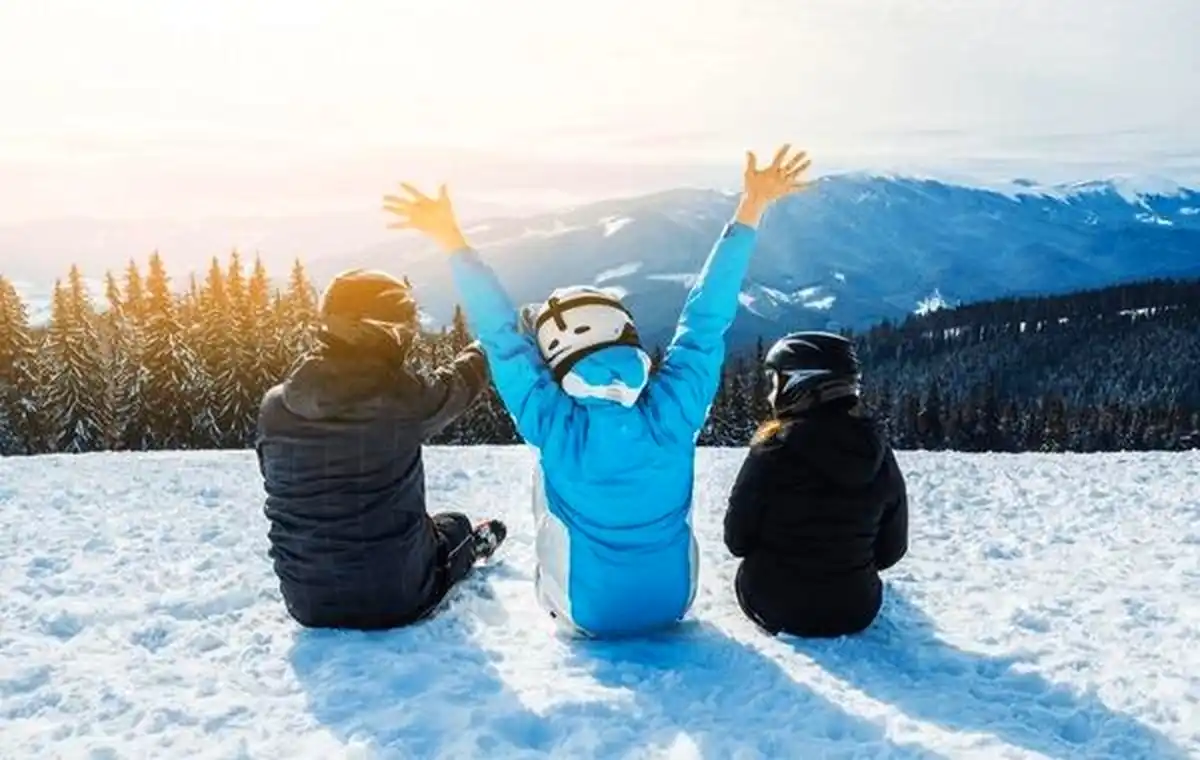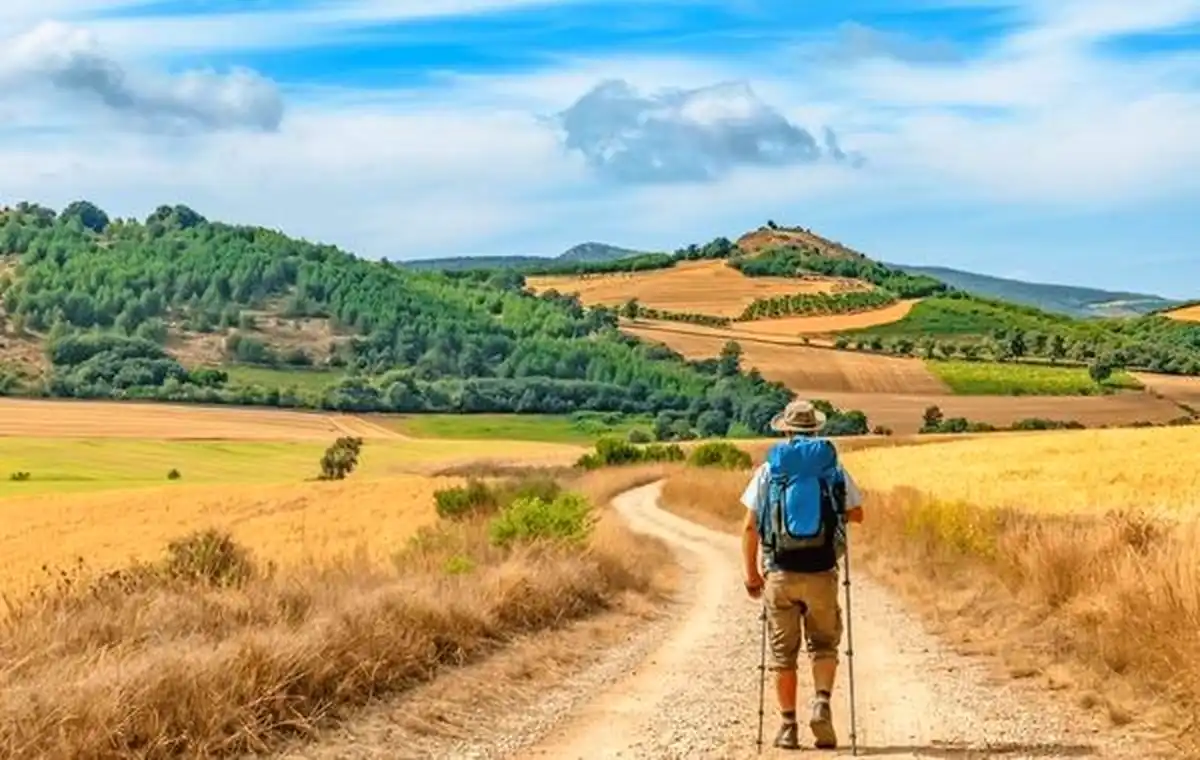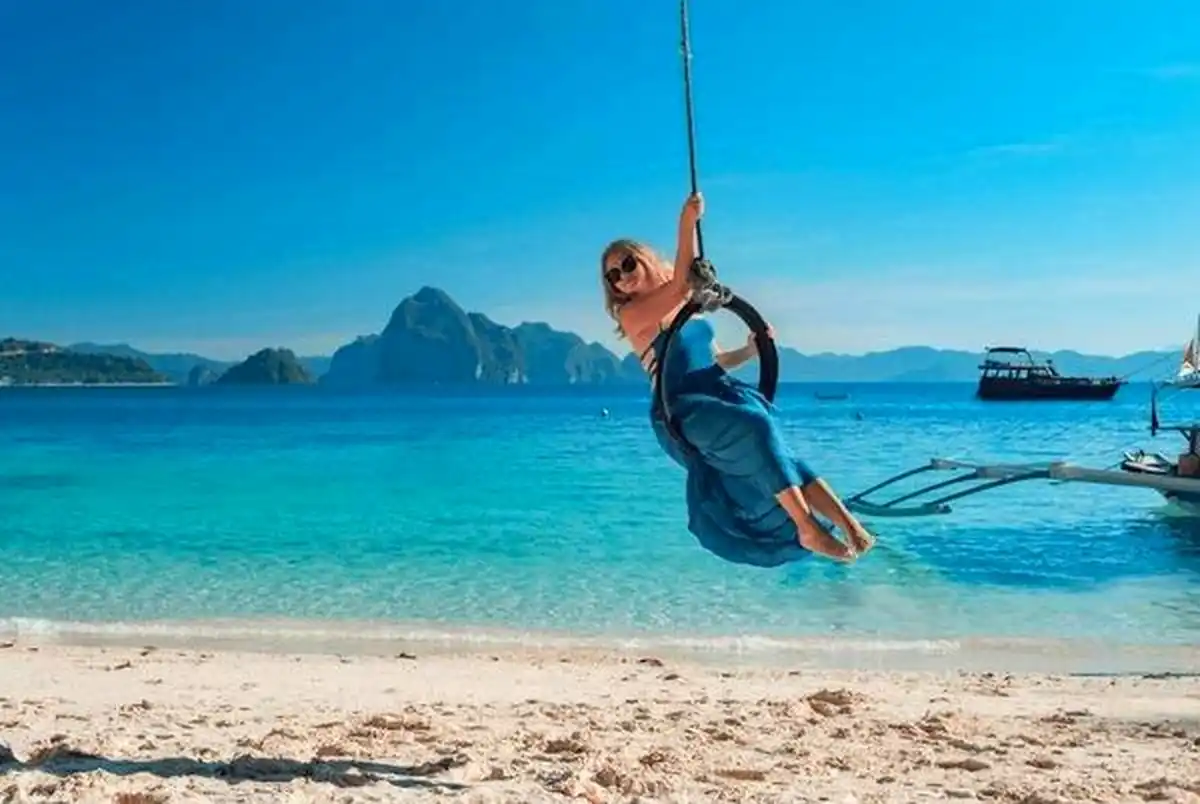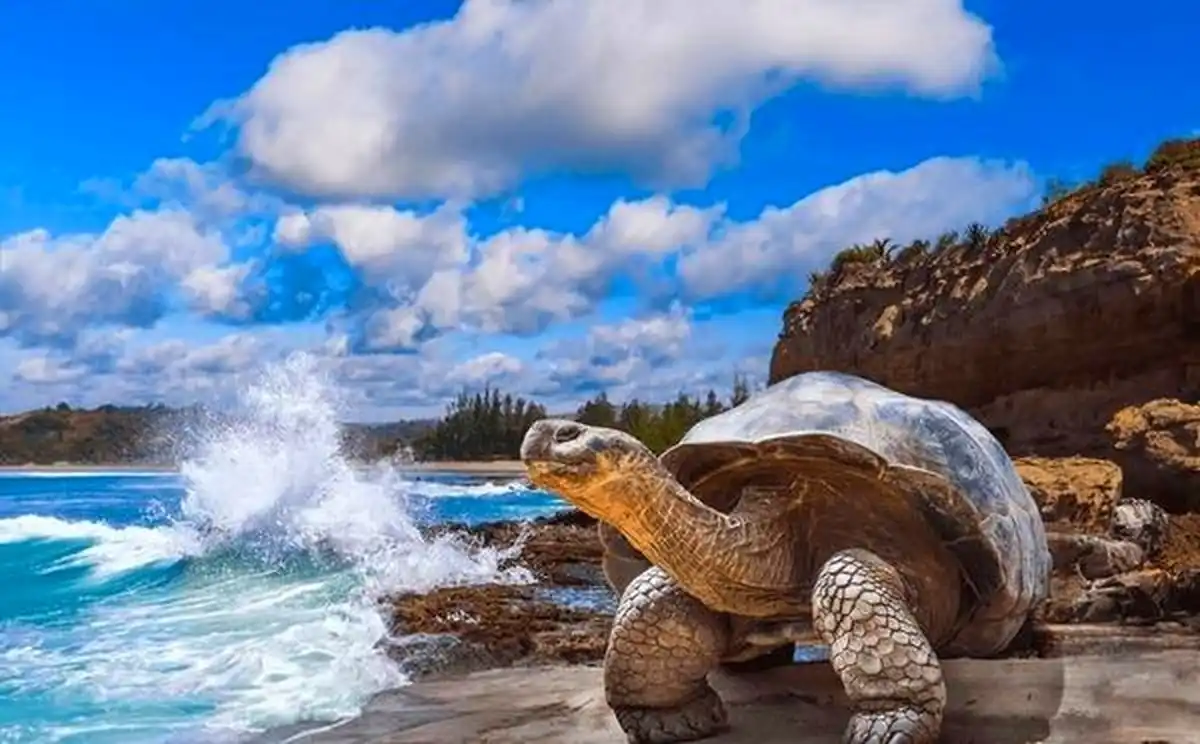
Family-Friendly Ski Resorts: Where to Go and What to Do
Brian Garrity - Mar 19, 2025 - 24 min read


Before undertaking your European trip, there is really a need for one to research and make a good plan for your destinations. Europe is diversified in its experiences, be it the historic cities, beautiful landscapes, or some of the most breath-taking natural views.
Europe is a treasure trove, where one finds famous cities that include Paris, Rome, or Barcelona, etc. – all affluent with different aspects of cultures, history, and even their respective cuisines. Nevertheless, the other option opens doors to more hidden places of interest: Lake Bled in Slovenia or a quiet stretch along the southern shore of Portugal – Algarve. You may research as much as you want in designing a plan based on budget and specific points of interests.
Budgeting is actually the backbone of successful backpacking. Europe, really, can be very affordable and then painfully expensive, depending on where you go and how you travel. You can estimate your daily expenses on accommodation, food, transportation, and activities. Stay in hostels, cook some meals, and make use of budget airlines or trains to save money.
Budgeting also entails aspects such as knowledge of exchange rates of currency, alternative banking options, and proper management of finances on-the-go. Pack a balance of cash and cards with you and inform your banks of your plans so there are no card problems, and then keep your emergency funds far from your regular expenses.
To really enjoy the backpacking experience, don't forget the main concept of packing lightly. Go for clothes with good moisture-wicking effects, but you may change their layer for any particular kind of weather condition in which you want to take the adventure. In selecting these clothing, ensure the versatile types to help dress you up and also dressed in simple and humble outfits such that space in the back and the weight can save you in a good bargain.
Other essentials include packing essential clothing, including strong walking shoes, a waterproof jacket, a comfortable backpack, and a compact travel towel. Again, the season and activities should be your guiding factors.
Besides clothing, there are many travel accessories that make backpacking more rewarding. Invest in a quality travel adapter to charge all devices, a portable power bank for charging on the go, and a good insurance policy for peace of mind during travel.
Other must-haves would be a refillable water bottle to drink plenty of water, a first-aid kit with essential medicines, a lightweight sleeping bag or liner in case of a hostel stay, and a travel-sized toiletry kit. These may just turn out to be what you need for comfort and convenience.
There exists a robust and widespread network of trains in Europe that makes this the preferred mode of traveling for most backpackers. During your journey across or within many countries or across several areas on a train, it pays to obtain a Eurail pass as it can lower the price of individual tickets paid for various trains while keeping the flexibility to use it as intended.
Know the train schedule, seat reservations when needed, and classes available. Often scenic journeys are offered on trains between cities, and one can have a grand time backpacking through Europe.
However, do not forget about trains as they can sometimes be substituted by buses, low-cost airlines, or carpooling services, which could save money on shorter routes or for those locations less easily accessible by train.
Research local transportation options in each destination, including trams, metro systems, and bike rentals. Mixing transportation modes can enhance your travel experience and take you beyond the major tourist areas.
Hostels are the ultimate friend of a backpacker as they offer cheap accommodation as well as the chance to meet fellow travelers. Some hostels are selected from reviews, free Wi-Fi, and breakfast facilities available, while others are more central to attractions or even public transportation.
Most of the hostels have the dormitory-style rooms along with bunk beds, though many also offer private rooms for those who prefer that. Make the most out of the hostel's communal ambiance by participating in social events, cooking meals together, and sharing travel tips.
Explore other accommodation alternatives: although hostels are pretty common, guesthouses, homestays, or budget hotels may be some options you could consider that are much smaller and, thus, more local and a better way to feel part of the community.
With places like Airbnb and Couchsurfing, you'd be staying with locals that give you an inside peek into their culture and lifestyles. You'd look for accommodations according to your preference, from a quaint guesthouse in the countryside to a centrally located apartment in the middle of the city.
The advantages of backpacking through Europe include getting a taste of various foods and local delicacies. The fresh produce, street food, and regional speciality can be tasted from markets such as La Boqueria in Barcelona, Borough Market in London, and Naschmarkt in Vienna.
Don't run away from new dishes and flavors. Engage in trying paella in Spain, pasta in Italy, or pastries in France. Get local recommendations on the best and authentic eatery for true taste.
Join in with locals through participating in various cultural activities and festivals for a better experience and exposure.
Dive deep into the rich tapestry of Europe's cultures and traditions by attending festivals, art exhibitions, and engaging in cultural activities. Search for events that take place during your visit, like music festivals, street parades, and historical reenactments.
Free walking tours or cultural workshops abound in many cities to teach you about local history, art, and customs. Interacting with the people and other travelers around you creates cultural exchange and fantastic memories beyond the tourist sites.
Europe is not a bad place to visit, unless one is too careless. Be mindful of possessions at crowded places; utilize lockers or safes at accommodations; do not wave about expensive goods.
Do your homework: know what scams and tourist traps are prevalent in each location you will visit. Your instincts are good; follow them, and if needed, don't hesitate to seek help from the authorities or fellow travelers.
Respecting local customs and etiquette greatly contributes to the richness of your travel experience and building a positive relationship with them. Learn basic phrases of the local language, obey the dress code at sacred places, and respect how people greet and gesture about each other.
Be sensitive to local traditions about tipping, dining, and social behavior. Accepting cultural differences with an open mind is showing respect for the places you visit and leads to meaningful connections with the locals.
The good tourist should control his adverse impacts on the environment by practicing sustainable habits on tourism. Carry with a re-useable bottle of water and shopping bag, use accommodation and transport services that have environmentally friendly features, local business, and also support the artisans.
Protected areas in the wild: respect it by adhering to the recommended tracks and do not litter the areas and observe requirements about camping set by the authorities. Some of the activities included wildlife viewing and eco-tours that are meant for conserving and raising awareness of the people.
Responsible travel respects local communities. Choose locally-owned businesses, eating and shopping places that are a good addition to the economy. Treat heritage sites and wildlife reserves as well as native cultures with respect and follow all the guidelines given to contribute to their preservation.
Responsible tourism practices, such as volunteering with local organizations, respectful learning about indigenous cultures, and participation in sustainable tourism initiatives. Your actions as a traveler can make all the difference in preserving destinations for future generations.
While planning is the key, one must not forget to leave room for spontaneity and adventure along the way. Many of the best memories come from serendipitous encounters, hidden gems, and unplanned detours.
Change your itinerary according to the recommendations from the locals, weather conditions, or personal preferences. Flexibility adds an exciting flavor to your backpacking journey and lets you experience authentic travel experiences.
Europe backpacking poses various problems including language and leads to a delay of means of transportation. So better to tackle these as issues with an optimistic and also look out for remedy to such things.
Connect some traveling people, use machines on the ground to negotiate with them or communicate during and adapt to changing scenes on the way. Through such things, you get tougher and add the highest moments of experiences to travel history.
Capture the magic of your backpacking journey through photos, journaling, and storytelling. Documentation brings back memories and allows for further sharing of insights with others and maintenance of memories.
Additionally, you have a camera or smartphone that captures scenic sceneries, custom cultures, and those quick moments of adventure with travelers. Journaling is also an effective means to record a human's thinking and sentiment. They reflect on the good experiences and the bad moments of traveling.
End your backpacking with reflection on what you learned and personal change. Backpacking in Europe exposes you to different worldviews, challenges comfort levels, and builds independence.
Reflect on the cultural experiences, relationships you formed and the difficulties you encountered. Think about how these might have affected your perspective in life, goals, or future travels. This embracement of the transformative capacity of travel gives your backpacking a more profound and significant experience.
This backpacking guide is designed to empower you as a backpacker in Europe, giving you insights, tips, and inspiration for an unforgettable journey. Whether you are a first-time traveler or an experienced explorer, embracing the spirit of adventure and cultural curiosity enriches your travel experiences and creates lasting memories. Safe travels and happy backpacking!

Brian Garrity - Mar 19, 2025 - 24 min read

Mia Gaitan - Mar 16, 2025 - 10 min read

Sophia Romine - Mar 12, 2025 - 7 min read

Mia Gaitan - Mar 8, 2025 - 6 min read